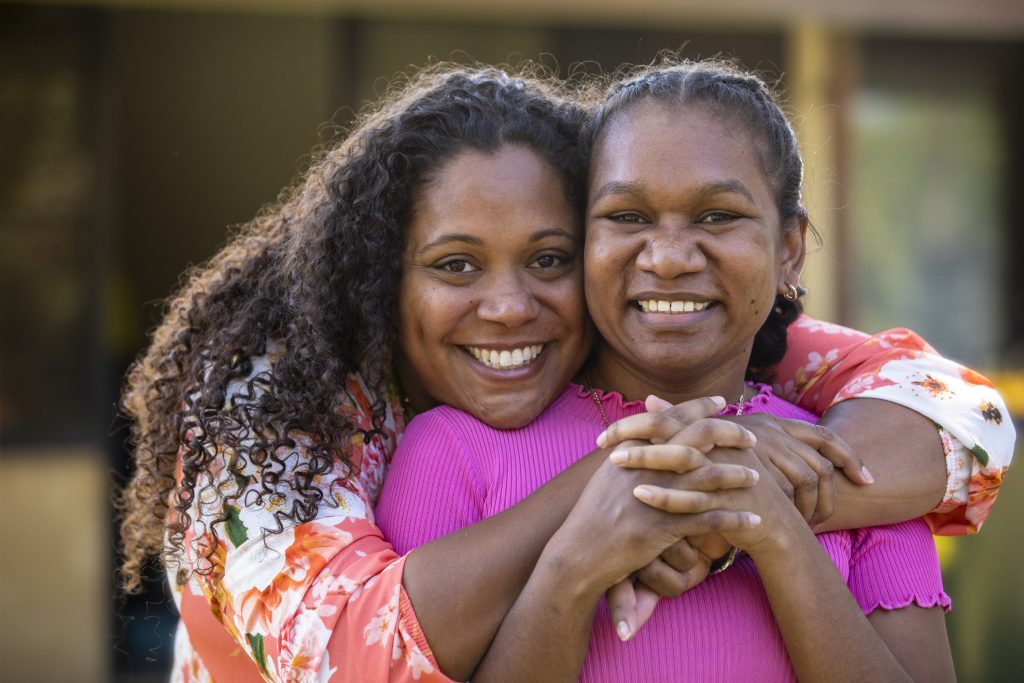By Mark Jones, CEO ImpactInstitute
Your role in the referendum on an Indigenous voice to parliament is ultimately quite simple – vote yes, or no? The tougher question is how will your organisation take a stand?
Naturally, the assumption I’m making is that you share our belief in the importance of recognising Aboriginal and Torres Strait Islander peoples in the Australian Constitution.
You’d also agree First Nations people need a formal mechanism for offering practical solutions to address employment, health, education and justice issues that affect First Nations people (more info at https://yes23.com.au ).
And I’m working on the premise you share a widely held view that business and social sector leaders have a responsibility to take a stand. As leaders, we’re expected to create spaces for constructive dialogue and contribute meaningfully to the conversation.
Why? Here’s what then-opposition leader Anthony Albanese had to say in a speech to the Business Council of Australia in 2019 (as reported by The Ethics Centre): “The most successful businesses operate in ways that reflect the values of their employees and their customers.” He added this kicker: “You are not just takers of profit – you see yourselves as part of the community.”

What next?
How should leaders like you speak as part of a community seeking to empower and give Voice to a marginalised community. Few other social issues are as vital to our wider community and collective sense of identity.
Here are a few practical suggestions:
1. Acknowledge and respect First Nations people: Recognise the traditional owners of the land on which you’re working and living, and make time to understand their story. How can you include their input and collaboration in decision-making processes that impact your community, projects, activities or corporate culture?
2. Proactively build sustainable partnerships: If there’s one big lesson that we’ve learned over time it’s the value of long-term relationships. Identify First Nations organisations and communities which align with your team, culture, or place. Change doesn’t happen instantly. It takes a deliberate, sustained commitment to relationships and communities where programs are co-designed in culturally appropriate ways.
3. Advocate for change: Sharing a YES message on social media and communicating your support for The Voice are powerful ways to build momentum. Contact your local, state and federal members – where do they stand on this issue?
Other practical steps can include co-creating a Reconciliation Action plan with your team and First Nations partners or community. Then creative safe, open, and constructive spaces where these plans can be discussed.
For our part, we’ve incorporated First Nations storytelling, policy advocacy and learning, and First Nations caregiving into the agenda for Social Impact Summit, held 3-4 July at UTS Aerial in Sydney. This includes a partnership with Theresa Ardler from Gweagal Cultural Connections.
Our goal is to create a space where corporate, government and social sector leaders can foster new partnerships and solutions. We believe collective transformation is possible when diversity is empowered, and we can apply collective wisdom.
So, what about you? We’d love to hear what steps you’re taking to use your platforms for good.
